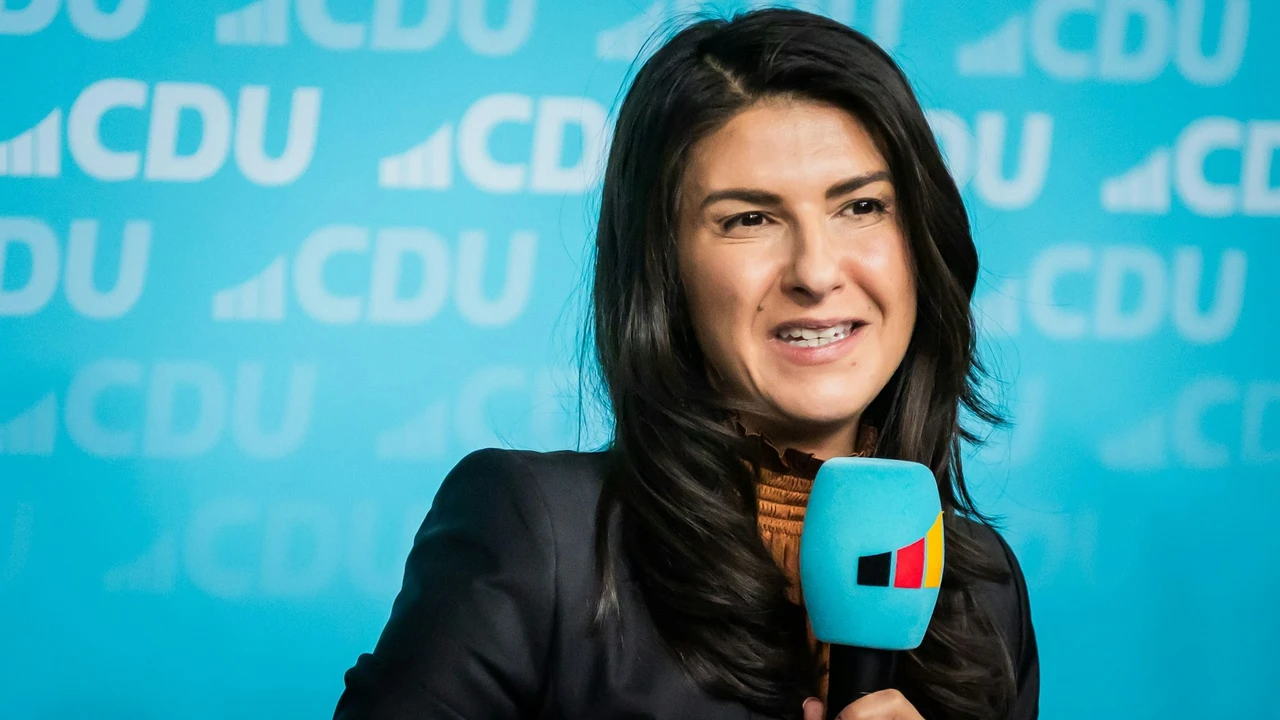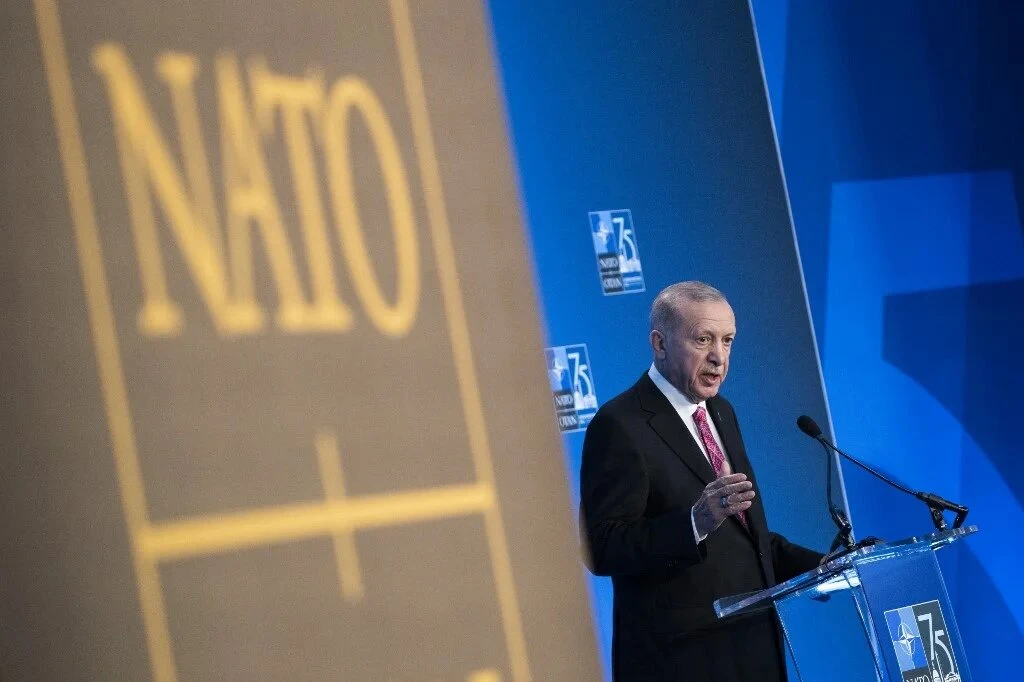Turkish origin politician Serap Guler named deputy foreign minister of Germany
 Serap Guler speaks at a CDU party event in Berlin, Germany, accessed on April 28, 2025. (Photo via dpa)
Serap Guler speaks at a CDU party event in Berlin, Germany, accessed on April 28, 2025. (Photo via dpa)
Chancellor-in-waiting Friedrich Merz has appointed Serap Guler, a Turkish-German lawmaker, as deputy foreign minister in Germany’s incoming conservative government, marking a significant advancement for the politician who has been a vocal critic of President Recep Tayyip Erdogan.
Guler’s appointment was announced Monday as part of the cabinet lineup for the new CDU/CSU-SPD coalition government set to take office on May 6.
She will serve alongside veteran politician Johann Wadephul, who has been named foreign minister.
The 43-year-old Guler, who grew up as the child of Turkish guest workers in Germany, has been a member of the Bundestag since 2021, representing the Leverkusen–Cologne IV district.
In the recent 2025 German federal election, she came in second place as a direct candidate in Cologne I with 23.6% of the first vote, narrowly behind Sanae Abdi, who received 24.9%.
Before joining the federal parliament, Guler served as State Secretary of Integration in North Rhine-Westphalia in the cabinet of then-Minister-President Armin Laschet. She made history in 2012 when she was elected to the Landtag of North Rhine-Westphalia as her parliamentary group’s first member of Turkish origin.
Balancing faith, politics
As a practicing Muslim and member of the social wing of the Christian Democratic Union (CDU), Guler has maintained distinctive political positions, opposing abortion and children being forced to wear hijab. She currently serves on the Defense Committee in the Bundestag and is part of a study commission investigating Germany’s involvement in Afghanistan from 2001 to 2021.
The new German government, formed after the CDU/CSU alliance won the Feb. 23 general elections, will face significant challenges in foreign policy. Wadephul and Guler are expected to play key roles in a new national security council amid geopolitical uncertainties, including concerns about the strength of the NATO alliance under U.S. President Donald Trump.
The coalition between Merz’s conservatives and the Social Democrats (SPD) of outgoing Chancellor Olaf Scholz was formed after Scholz’s three-party coalition collapsed last November. Under the new arrangement, the CDU and its Bavarian allies, the CCSU, will hold 10 ministerial positions, with the SPD taking seven.
Other key appointments announced Monday include the CDU’s Katherina Reiche as economy and energy minister and the CSU’s Alexander Dobrindt as interior minister, who will be tasked with implementing stricter policies on irregular immigration.



